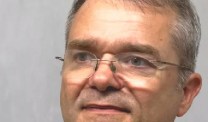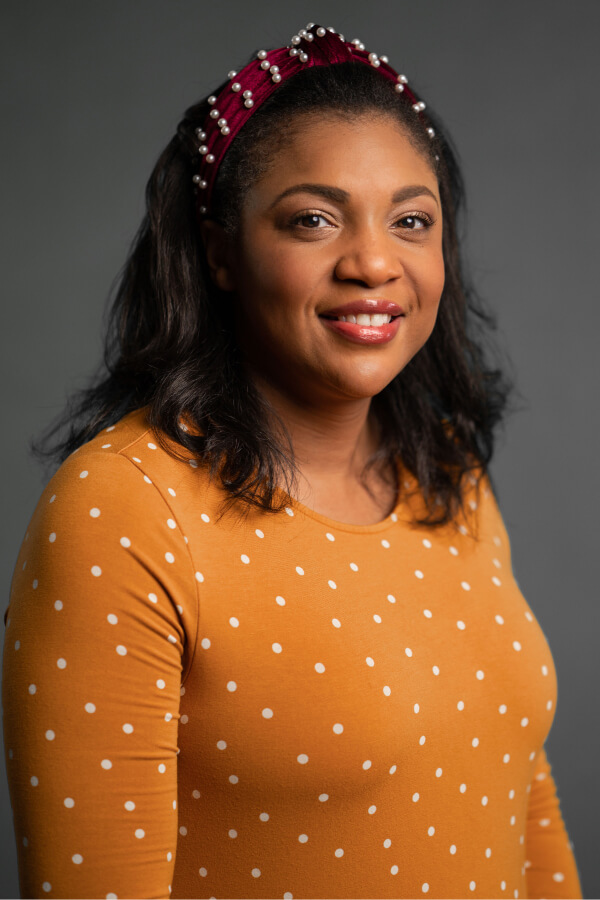Talking with Your Doctor: Tips for Mesothelioma Patients
Cancer & CaregivingWritten by Tamron Little | Edited by Walter Pacheco

When it comes to how comfortable you are with your doctor, communication is key. So many people are hesitant when speaking with medical professionals.
I’m sure you have heard of “white coat syndrome.” My husband would get it every time he went to the doctor. He would get nervous, start sweating and his blood pressure would go up.
My son Caden would get so scared when he found out he was going to the doctor. One day I took him to the doctor by myself (I was brave) to get checked for strep. At first when he was relieved he wasn’t getting a shot he was pretty cool. Once he found out he was getting a throat swab he turned from a toddler into He-Man! It literally took three of us to catch him and hold him down. Caden was scared, and afterward the nurse, the doctor and I talked to him as he calmed down.
We may not turn into He-Man or Superwoman, but the nervousness can creep in when we go to the doctor. We can clam up and forget everything we were going to say.
One thing I’ve learned as a mesothelioma survivor is that we’ve got to change our perspective about medical professionals. Yes, they are more knowledgeable about their specialty, but we as patients still have a voice and we should not be afraid to use it. It only takes one time for a health care provider to make you feel invisible or inferior for your entire mindset to shift to thinking all medical professionals are jerks.
First Impressions of a Doctor Matter
After I was diagnosed with peritoneal mesothelioma, I was referred to an oncologist I wasn’t too fond of, and here’s why. During my first appointment he clearly told me he knew nothing about malignant mesothelioma, and that he was going to monitor my blood work. I had my list of questions and he couldn’t answer them!
I was talking with my mom the other day and she told me that doctors gave me 18 months to live following my malignant mesothelioma diagnosis. To be honest, I really think I blocked that part out. I’m guessing the first doctor figured it to be true because he didn’t have a treatment plan for me so I could be cancer-free.
One thing about me is that I have great discernment. I can read the vibe of the room and the person I’m communicating with. I could tell from my initial visit that this doctor wasn’t the one for me. He didn’t have a course of action for me to beat mesothelioma and I needed to find a doctor who did.
Second Opinions Can Be Life Changing
I had a very different experience with the second oncologist. From the time he walked into the room, I felt his confidence. He reassured me I was the perfect candidate for this special surgery called HIPEC that he had performed numerous times. Pretty much that’s all I wanted to hear!
He sparked the hope that I knew was there all along. He was knowledgeable and answered my questions – even ones I didn’t think to ask, he answered. He was also very thorough with me and my family and made us all feel better about the situation. I was comfortable enough to ask him even the dumbest questions.
My experience going through this cancer journey gave me the tools, confidence and push I needed as a patient. From that experience alone I was never afraid to ask a question, and even if I was, I still asked. I did my research and gave them my opinions or reservations and knew my rights.
Tips for Communicating with Your Doctor
Here are some ways you can make the most of being a proactive patient:
- Know that you have rights. One of your rights as a patient is the choice of who your physician will be, and you have the right to disagree with them.
- Use your voice. No question is ever a dumb question.
- Be “present” and involved with your care. Make yourself aware of everything that’s going on.
- Do your own research. Research the doctor and gain more information on your condition.
- Second opinions are important. Don’t be afraid to get a second or even a third opinion.
Knowing these tidbits has helped me out a lot, even going to the doctor now. Some are surprised when I start asking questions. Sometimes I get asked, “Are you in the medical field?” Well, actually I am, but I tell them the questions come from experience.
I’ve seen a huge difference in the way I’m treated when medical professionals find out that I know more than they think I know, and that I use my voice.
Battling cancer is scary. Don’t allow your fear to leave your questions unanswered.







